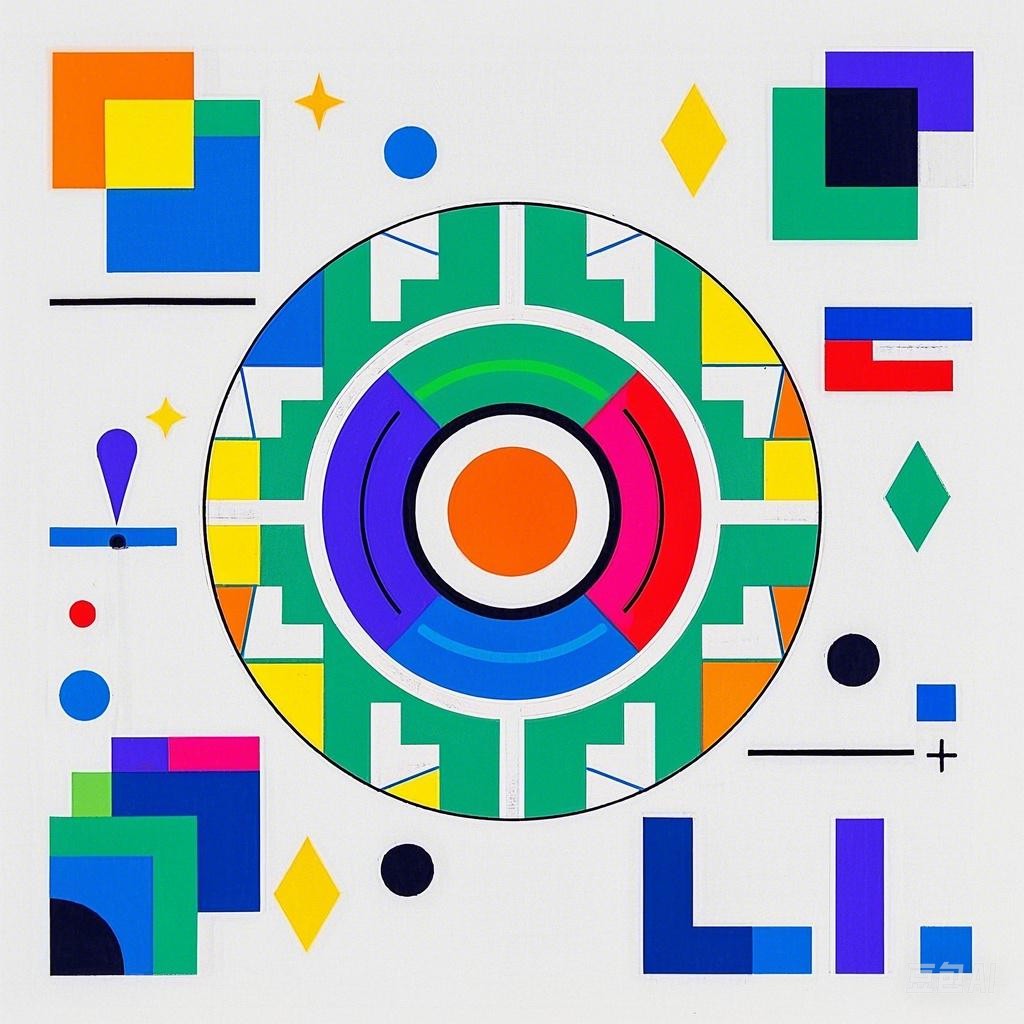Introduction
The question of whether one can name their shop “Van Gogh” touches on the realms of intellectual property, trademark law, and artistic respect. Vincent van Gogh, one of the most celebrated painters in history, left behind a legacy that is both culturally significant and legally protected. This article delves into the complexities surrounding the use of a famous artist’s name for commercial purposes, focusing on the legal implications and the broader considerations of artistic integrity.
Intellectual Property and Trademark Law
Trademark Basics
A trademark is a word, phrase, symbol, or design, or a combination of these, that identifies and distinguishes the source of goods or services of one party from those of others. In the case of “Van Gogh,” the name is a trademark associated with the works and legacy of the artist.
Trademark Registration
To legally protect a trademark, it must be registered with the appropriate intellectual property office, such as the United States Patent and Trademark Office (USPTO). Once registered, the trademark owner has exclusive rights to use the mark in connection with the goods or services for which it is registered.
Can “Van Gogh” Be a Trademark?
The name “Van Gogh” is inherently associated with the works of the artist and his legacy. While it is possible to register a trademark that includes the name “Van Gogh,” the registration process is not straightforward due to several factors:
Famous Marks: The USPTO has strict rules for registering famous marks. A famous mark is one that has become a recognized symbol in the minds of the public. The name “Van Gogh” qualifies as a famous mark due to its cultural significance.
Likelihood of Confusion: The USPTO examines whether the proposed trademark is likely to cause confusion among consumers. Using “Van Gogh” in a commercial context could be seen as confusing consumers into believing that the goods or services are officially associated with the Van Gogh Museum or the artist’s estate.
Descriptiveness: The name “Van Gogh” is descriptive of the artist’s nationality and last name. Descriptive trademarks can be registered but are subject to a higher standard of scrutiny.
Legal Implications
Trademark Infringement
If a shop were to use the name “Van Gogh” without permission, it could be guilty of trademark infringement. This could result in legal action, including cease and desist orders, damages, and the forced removal of the infringing mark from the marketplace.
Artistic Integrity
Beyond legal implications, there are ethical considerations. Using the name “Van Gogh” for commercial gain without the artist’s estate’s permission could be seen as disrespectful to the artist’s legacy and the principles of artistic integrity.
Alternatives
For those who wish to honor the artistic spirit of Vincent van Gogh without using his name, there are several alternatives:
Inspired Names: Choose a name that reflects the inspiration drawn from van Gogh’s work, such as “Starry Night Creations” or “Sunflower Studio.”
Descriptive Names: Use a name that describes the type of business, such as “Artisanal Paints and Frames” or “Vincent’s Corner Art Supplies.”
Cooperation: Seek permission from the Van Gogh Museum or the artist’s estate to use the name in a way that is legally and ethically acceptable.
Conclusion
Naming a shop “Van Gogh” is not a straightforward decision. The legal and ethical implications of using a famous artist’s name for commercial purposes are significant. Those who wish to honor the artistic spirit of Vincent van Gogh should consider alternative naming options that respect the artist’s legacy and intellectual property rights.
